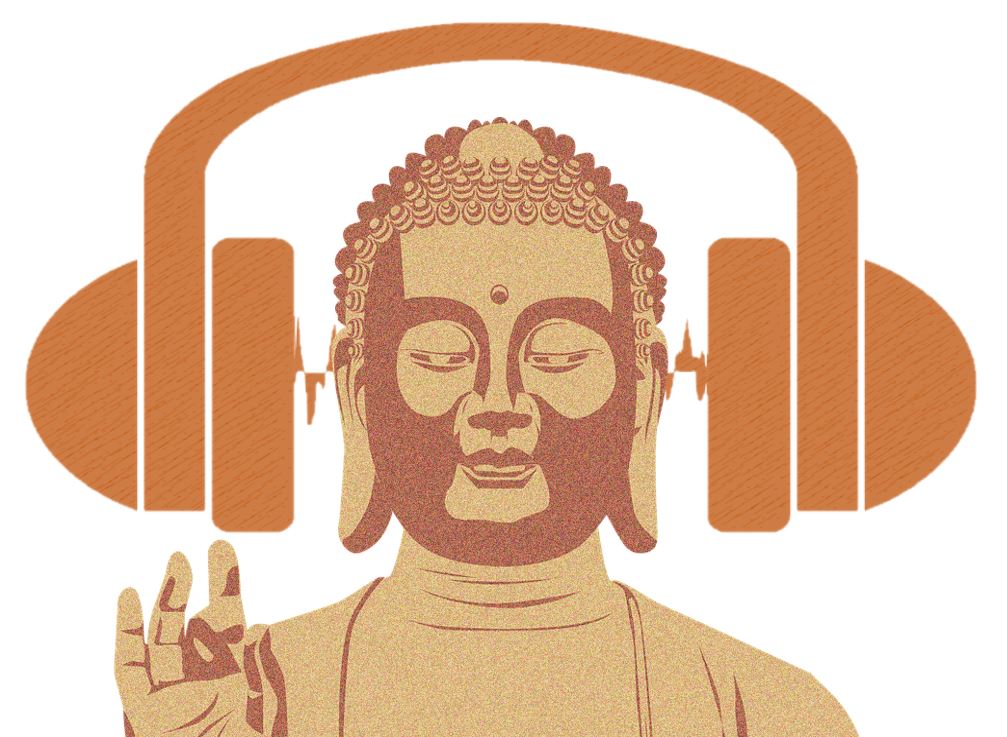
“Mindfulness” has become such a commonly used term in Western culture that its meaning now has a shape-shifting quality to it. Its definition depends on the person or group talking about it.
This evening will focus on Right Mindfulness in Buddhist practice, and distinguish it for the broader culture connotations it has taken on. Join us to explore together the following questions:
What is “Right” mindfulness in Buddhist practice?
Of what are we supposed to be mindful?
Why is mindfulness important?
How does one “do” or “be” mindful?
What is the experience of mindfulness?
